Happy new year everyone! Let's start 2021 by sharing what we would like to see this year in the music & data world. Here are our goals:
- Develop data literacy
- Tell more data stories about emerging artists
- As an industry, be more mindful about how we use technology.
Wish #1 - Develop data literacy and critical thinking skills
In Cherie Hu’s words, “as much of the music industry remains online, data literacy has become more important than ever across all sectors”. Managers and marketers have plenty of information to analyze, and it’s sometimes difficult to extract the right insights from the abundance of available data. Now that I’m almost done writing our series about how music professionals use data - check it out on Cherie Hu’s Water & Music publication - I’d like to help professionals develop their critical thinking skills.
Here’s an example: Correlation doesn’t mean causality.

While the left example is fairly obvious: we all intuitively know that ice cream sales don’t increase murder rates (- hopefully). We wouldn’t jump to that conclusion even if someone was showing us data backing up that story. We would keep looking for another factor. Sometimes, it’s not that obvious: while Instagram growth is often paired with listeners growth on streaming platforms, it may not be the full story.
Wish #2 - Tell more data stories about emerging artists
There are a lot of success stories written in traditional media about artists hitting the billionaires club on Youtube or breaking charts records. These metrics are impressive and artists and their teams should indeed be praised for such achievements.
However, becoming a TikTok star or getting high volumes of views or streams matters, but it is not the only end-game. I discussed that topic in previous pieces focused on A&R and talent scouting, definitions of success vary widely from one case to another. Among the 25M music creators, about 43,000 artists account for the top 90% of streams in the world on Spotify (therefore belonging to the top-revenue generating artists on the platform). Not all of them are Youtube billionaires, and I’d like to see more coverage about non-billionaires and their strategies to achieve success.
It’s not just the hits industry versus the long tail, there is a whole world in between.

Wish #3 - Be mindful about how we consume technology
My last wish is for us to be more mindful about how we use technology, both as consumers and as music industry professionals.
Discussions about the environmental footprint of the music industry should focus as much on waste produced during music festivals and concerts, as on the digital carbon footprint. Technologies are great but they’re not neutral, even when they’re labelled renewable or green.

On the consumer side, the dematerialization of music consumption has resulted in significantly higher carbon emissions than at any previous point in the history of music. Audio and video streaming are the biggest drivers of data consumption growth, and they are expected to account for more than 80% of Internet data traffic in 2021, according to Cisco. Streaming music videos from Youtube without watching them is an example of digital waste we could easily avoid by streaming audio only.
On the business side, we can be mindful about when carbon-intensive technologies like HD-video streaming, VR or AI are relevant or not to solve our business problems. There are many discussions about whether tech efficiency gains can offset the carbon impact of online services’ rising demand. The answer is “it depends”, but it’s not very likely that efficiency gains will be enough to keep up with an exponentially rising demand. Here are the 2 best reads I could find about the topic:















